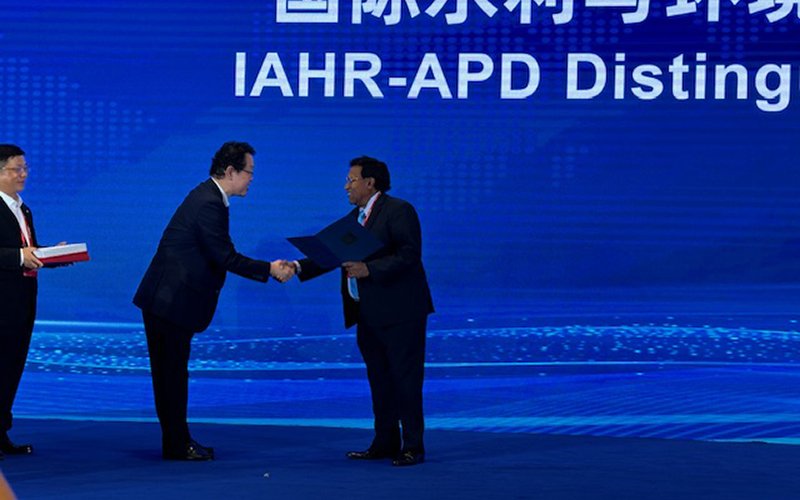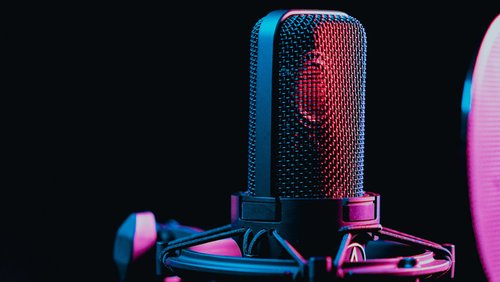9 Dec 2024
Dr. Gregory Shahane De Costa, Academic Specialist at the Open Polytechnic of New Zealand, recently received international recognition for his contributions to hydro-environmental research, an area he's been contributing to for over 30 years. Learn about his win and what he believes the biggest challenges are for hydro in Aotearoa and internationally.
Tell us about the award you recently won?
The International Association for Hydro-Environment Engineering Research known as IAHR is a world leading research organisation in the Water environmental engineering area.
Its Asia Pacific Division known as IAHR APD, once every 2 years selects one, or two at most, from the Asia Pacific Division for the award of distinguished IAHR APD Member. It’s for the contribution made in the Water and Environment Engineering area towards education and research as well as contribution to IAHR APD and the IAHR APD community.
This time the IAHR APD Congress was held in Wuhan, China from 14th to 17th October 2024. The recipient of the award was Myself.
Why is it so special to win this award?
An IAHR APD distinguished member is selected once every two years, two at most. This time I was the only one. It’s an international honour and recognition of the contribution made.
You can read more here.

Dr. Gregory Shahane De Costa receiving the 2024 APD Distinguished Membership Award. Image: supplied
What do you think are the biggest challenges for hydro is for New Zealand?
Water is essential for survival, and access to safe drinking water is imperative. The spatial and temporal distribution of rainfall its variability exacerbated due to climate change resulting in floods and droughts with enhanced extremes is cause of concern. Further with sea level rise and possible salinity intrusion to ground water sources, noting that 40% of Wellingtons water supply comes from ground water is a further cause of concern. In addition, New Zealand's susceptibility to earthquakes, and the resulting possible interruption to water supply networks increases the challenges we face in this area. Nevertheless, the low population density and an expected adequate annual rainfall, helps support development of engineering solutions to face the challenges.
On a micro scale, keeping our waters clean (water quality), and urban water supply and drainage (Due to rapid increase in population density) are two areas, that require attention.
What do you think the biggest challenges for hydro is internationally?
The above-mentioned challenges apply globally as well. Further to these, on a global scale equitable water distribution becomes a challenge when we have rivers flowing through many borders/Countries. The biggest challenge yet is the supply of adequate safe drinking water to all. Of late the scale of global waste ending up in waters and the ocean is becoming a cause of concern. Keeping global waters clean is also turning out to be a challenge.




